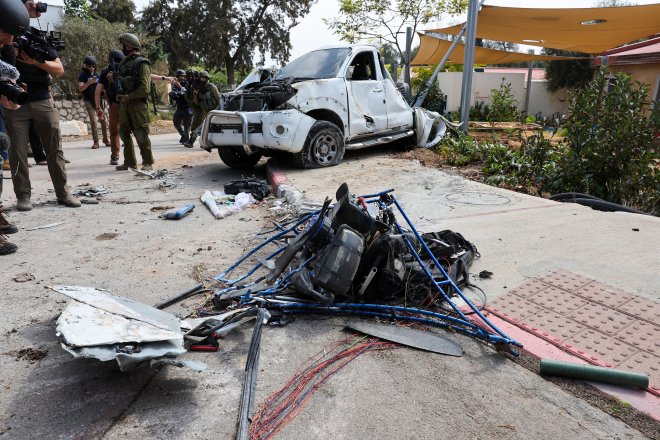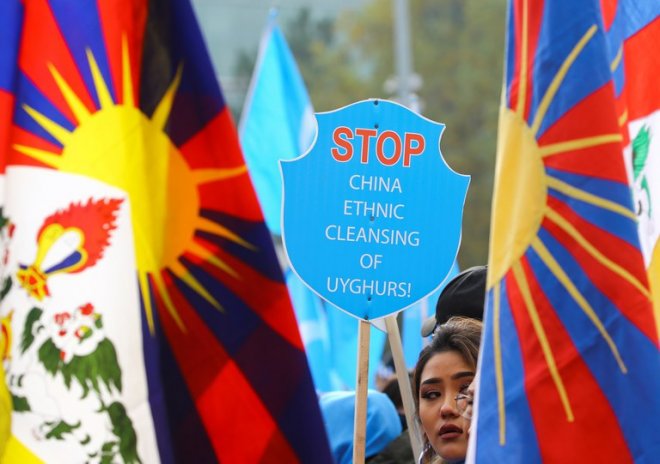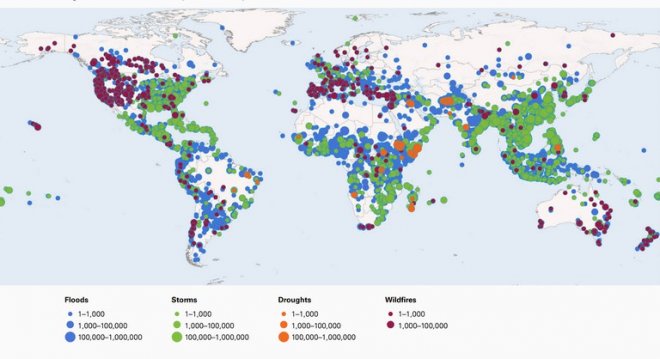China-owned nickel smelter in Indonesia resumes production after deadly riot
Production resumed at a China-owned nickel smelter in Indonesia on Tuesday after a deadly weekend riot highlighted lingering tensions over the presence of Chinese workers in the Southeast Asian country.Police said the violence erupted on Saturday at the PT Gunbuster Nickel Industry (GNI) plant in Morowali, Central Sulawesi province, and was fanned by an allegedly false rumor that Chinese employees had attacked their Indonesian counterparts who were protesting over wages and labor safety.
An Indonesian worker and a Chinese worker were killed.
“Information from the management shows 2,963 employees returned to work today,” including 350 Chinese workers, Central Sulawesi provincial police spokesperson Didik Supranoto told RFA-affiliate BenarNews.
Indonesia’s manpower ministry said it was sending a team to investigate the violence, during which workers torched part of the plant.
“The point of the investigation is to find out what caused the riot and resolve the existing problems so that similar incidents do not happen again,” said the head of its provincial office, Arnold Firdaus Bandu.
Officials said 71 people were in police custody and 17 of them were considered suspects in connection with the violence.
Meanwhile, more than 700 police and soldiers have been deployed to maintain security around the plant, and there were no new tensions reported between Chinese and Indonesian workers, police spokesman Didik said.
“They are getting along well,” he said.
Some Indonesians have expressed concerns about what they see as an influx into the country of workers from China, accusing them of stealing menial jobs from locals.
The government insists that only Chinese nationals with specific skills are allowed to work in Indonesia, especially on Beijing-backed projects.
According to the Ministry of Manpower, there were more than 42,000 Chinese workers in Indonesia in 2022, accounting for about 44 percent of all expatriates in Indonesia.
Didik spoke about events leading up to Saturday’s clash.
At a meeting between the workers’ union and the company’s management on Friday, the employees demanded an upgrade to safety procedures, an end to wage cuts, reinstatement of employees whose contracts had ended, and better compensation for the families of two workers who were killed in a factory fire in December, he said.
“Several demands were fulfilled, but some need follow-up, especially regarding the termination of employees whose contracts have expired,” Didik said.
Local employees went on strike on Saturday and invited their Chinese co-workers to join, Didik said.
“In the afternoon, security personnel managed to keep the tension under control. But late at night through Sunday morning, they became anarchic, resulting in fatalities, injuries and damage to company facilities,” he said.
Gen. Listyo Sigit Prabowo, the national police chief, said a rumor about Chinese workers having beaten up local colleagues was false.
“What happened was there was a call to strike … and there were attempts to coerce [other workers to join] and they were rejected, and rumors went viral that there were attacks by foreign workers on local workers,” Listyo told reporters.
“The National Police, assisted by the TNI [the military], is ready to provide security because this, of course, affects Indonesians who also work there, and this smelter’s activity certainly has provided added value for the country,” he said.
Chinese companies dominate nickel smelting
The ministry’s provincial office said PT Gunbuster did not give access to its officials who went there to investigate after a fire killed two Indonesian employees in December.
“PT GNI was too strict and uncooperative. If they had been transparent, we could have given the workers understandings,” he said.
According to the manpower office, GNI employs 12,247 people, including 1,312 Chinese nationals.
A member of the provincial legislative council, Muharram Nurdin, called for a thorough investigation.
“I’m asking the police to be neutral in handling the case. There should be no discrimination. If foreign workers violated any law, they must be punished,” he said.
Muharram said the company should be penalized if it remained uncooperative.
“We all hope that there will be no more unrest between Indonesian employees and foreign ones at PT GNI. And all the problems that exist are resolved properly,” he said.
Indonesia imposed a ban on nickel ore shipments in 2020, prompting the European Union to seek a review by the World Trade Organization.
Chinese-linked companies dominate the nickel smelter industry in Indonesia, according to information from the Ministry of Energy and Mineral Resources. Investment Minister Bahlil Lahadalia said the government policy requiring companies to refine commodities at home to make exports more valuable had attracted Chinese businesses.
After Singapore, China is the second largest foreign investor in Indonesia.
Chinese investments in Indonesia reached U.S. $3.6 billion in the first half of 2022, compared with $1.7 billion in the same period of 2021, according to the Indonesian Ministry of Investment last year.
China is also funding projects in Indonesia as part of Beijing’s Belt and Road Initiative (BRI) worldwide infrastructure-building program. These include the Jakarta-Bandung high-speed rail project, which is expected to be completed in June 2023.
Tria Dianti in Jakarta contributed to this report.
BenarNews is an RFA-affiliated news service.
[圖擷取自網路,如有疑問請私訊]
|
本篇 |
不想錯過? 請追蹤FB專頁! |
| 喜歡這篇嗎?快分享吧! |
相關文章
AsianNewsCast























